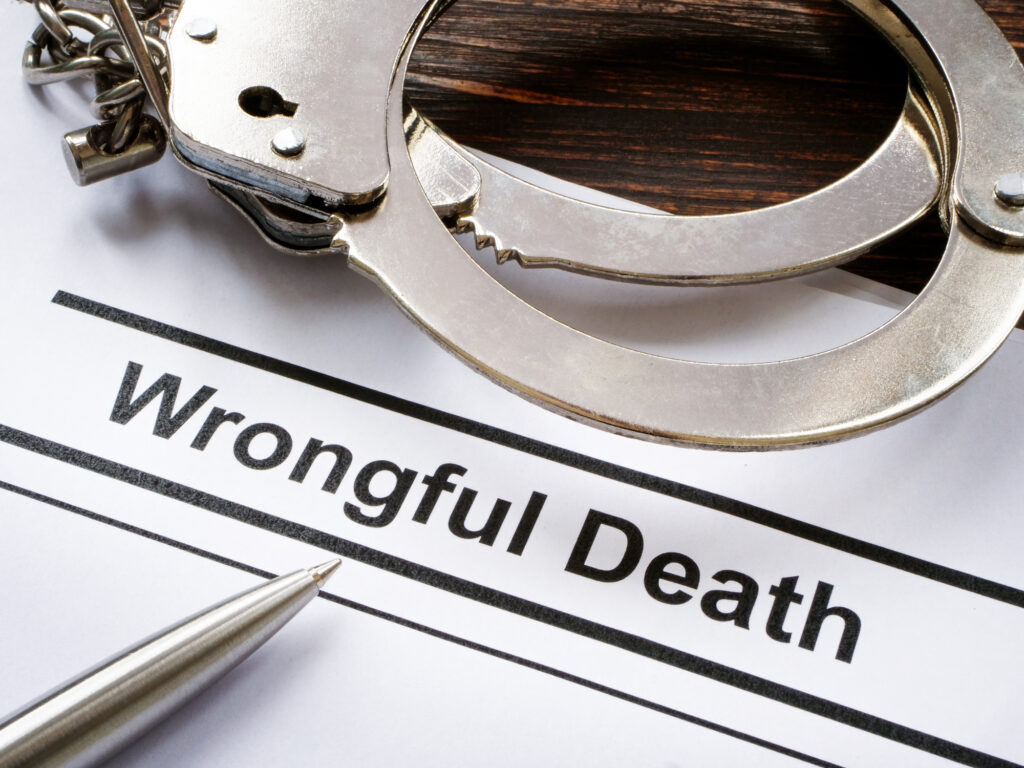Wrongful death cases can be emotionally painful and legally challenging, especially when the claim involves complex facts or multiple parties. In Chicago, these cases are handled with careful legal scrutiny, often requiring substantial evidence and a clear understanding of the local court process. For grieving families, knowing how the courts approach such claims can be a vital step toward justice.
The Legal Basis for a Wrongful Death Claim in Illinois
Under the Illinois Wrongful Death Act, a legal action may be brought when a person’s death is caused by another’s negligence, recklessness, or intentional actions. These claims are civil lawsuits, not criminal cases, and they focus on compensating the family for their loss.
Courts in Chicago follow state statutes closely, making sure all requirements are met, such as:
- The person filing the case is a personal representative of the deceased
- The lawsuit is filed within the statute of limitations (typically two years)
- The claim includes sufficient evidence to prove fault and damages
What Makes a Wrongful Death Claim Complex?
Some claims are more complicated due to the circumstances of the death or the parties involved. Factors that can add complexity include:
- Multiple liable parties (e.g., in multi-vehicle accidents or unsafe buildings)
- Deaths involving government entities
- Medical malpractice claims
- Workplace-related fatalities involving third-party contractors
In these cases, courts may require additional expert testimony, accident reconstructions, and extensive documentation. Legal support from attorneys experienced in handling fatal accident litigation in Chicago can be crucial.
The Role of the Court in the Litigation Process
Once a wrongful death case is filed, the court oversees each phase:
- Filing and Pre-Trial Motions – Initial paperwork is submitted, and motions to dismiss may be presented.
- Discovery Phase – Both sides exchange evidence, conduct depositions, and gather statements.
- Settlement Discussions – Courts often encourage settlement to avoid trial, especially in emotionally sensitive cases.
- Trial – If no settlement is reached, a judge or jury hears the case and determines the outcome.
The entire process can take months or even years depending on the complexity of the facts.

Compensation Considerations in Chicago Courts
The courts aim to provide fair compensation to surviving family members. Types of damages awarded may include:
- Funeral and burial expenses
- Loss of future income
- Loss of companionship or parental guidance
- Emotional pain and suffering
Unlike some states, Illinois does not place a cap on damages in wrongful death claims, which can benefit families with long-term financial needs.
Challenges Families Often Face
Even with valid claims, families may encounter barriers such as:
- Insurance company resistance
- Disputes over who is at fault
- Complex estate issues
- Delays in court proceedings
Families in these situations often turn to attorneys handling wrongful death cases in Chicago who are familiar with local court practices and have the resources to manage prolonged litigation.
Where to Learn More About Illinois Law
If you’re interested in learning more about how courts interpret wrongful death claims, visit the Illinois General Assembly site for a full view of the Illinois Wrongful Death Act.
Conclusion
Chicago courts take a detailed and thorough approach to evaluating wrongful death lawsuits. While the process may seem daunting, families don’t have to navigate it alone. Legal options are available, and the law provides paths to accountability and compensation.
Understanding the court system’s approach is the first step toward building a strong claim and honoring the memory of your loved one with the justice they deserve.